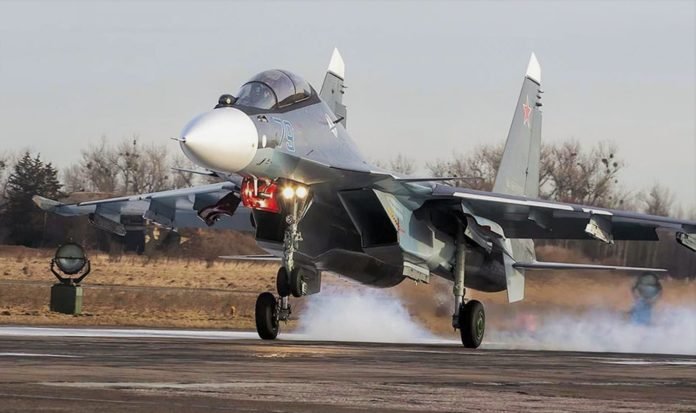Russian Tactical Nukes in Belarus: An Intensification of Discord
A Stark and Unsettling Announcement
Amidst the mounting pressure of global apprehension, Russia’s President Vladimir Putin rattled the international community with a startling proclamation: the imminent deployment of “tactical nuclear weapons” in Belarus, further stoking the flames of conflict with the West.
The Russian leader divulged that Belarus has already become host to 10 fighter jets, each capable of delivering these small-yet-potent nuclear arms, designed specifically for constrained battlefield applications rather than sweeping, strategic offensives. Moreover, Russia has plans to station Iskander hypersonic missiles armed with nuclear warheads, boasting a reach of 300 miles, within Belarusian territory.
Putin’s Proclamations: A Spiral of Aggression and Denunciation
Escalating Rhetoric and Western Outrage
Although Putin has previously alluded to the potential utilization of nuclear weapons in light of complications faced by Russia in the ongoing Ukrainian ground war, this recent disclosure demonstrates a marked intensification in his belligerent discourse. Western powers have been swift to decry this development.
Russia’s head of state sought to rationalize his controversial decision by drawing parallels with the deployment of nuclear-armed missiles in Western Europe by the US and NATO. Nevertheless, NATO representatives promptly dismissed Putin’s attempted justification as a distortion of the facts.
NATO Denounces Russia’s Nuclear Brinkmanship
Oana Lungescu, a NATO spokesperson, characterized Russia’s nuclear rhetoric as “dangerous and irresponsible,” while debunking Russia’s claims of equivalence to NATO’s nuclear sharing arrangements. She underscored that, in contrast to Russia’s flagrant disregard for its arms control commitments, NATO allies remain steadfast in their adherence to international agreements.
Although both NATO and the Biden administration maintain a vigilant stance, they have not observed any shifts in Russia’s nuclear posture that would warrant alterations to their strategic nuclear deterrent posture.
Belarus: A Reluctant Nuclear Pawn
Ukraine’s national security chief, Oleksiy Danilov, vehemently accused Russia of exploiting Belarus, Ukraine’s northern neighbor, by effectively turning it into a hostage through the deployment of nuclear weapons within its borders. Belarus, however, has expressed a willingness to accommodate Russian nuclear assets if deemed necessary.
Stalemate in Ukraine and Heightened Tensions
The disquieting timing of Putin’s nuclear threats corresponds with a stagnating ground war in eastern Ukraine. The fiercely disputed city of Bakhmut appears to be stabilizing, having endured significant devastation throughout an eight-month-long onslaught by Russian forces. Despite the terrible toll on both sides, recent British military intelligence assessments point to Russia’s “massive troop losses” as particularly noteworthy.
As the US and European allies bolster their support for Ukraine, providing heavy weapons to counter Russia’s invasion, Putin’s announcement of nuclear weapons in Belarus serves to exacerbate tensions even further. Moscow has accused Ukraine of instigating an explosion deep within Russian territory, alleging that a downed Ukrainian drone crashed around 100 miles south of Moscow, injuring three individuals and causing extensive damage.
A Plea for UNSC Intervention
In the wake of Putin’s menacing nuclear posturing, Ukraine has demanded an emergency meeting of the United Nations Security Council (UNSC). Kyiv argues that Moscow’s actions clearly demonstrate it as an “irresponsible steward” of nuclear weapons, employing them as tools of intimidation rather than ensuring global security.








